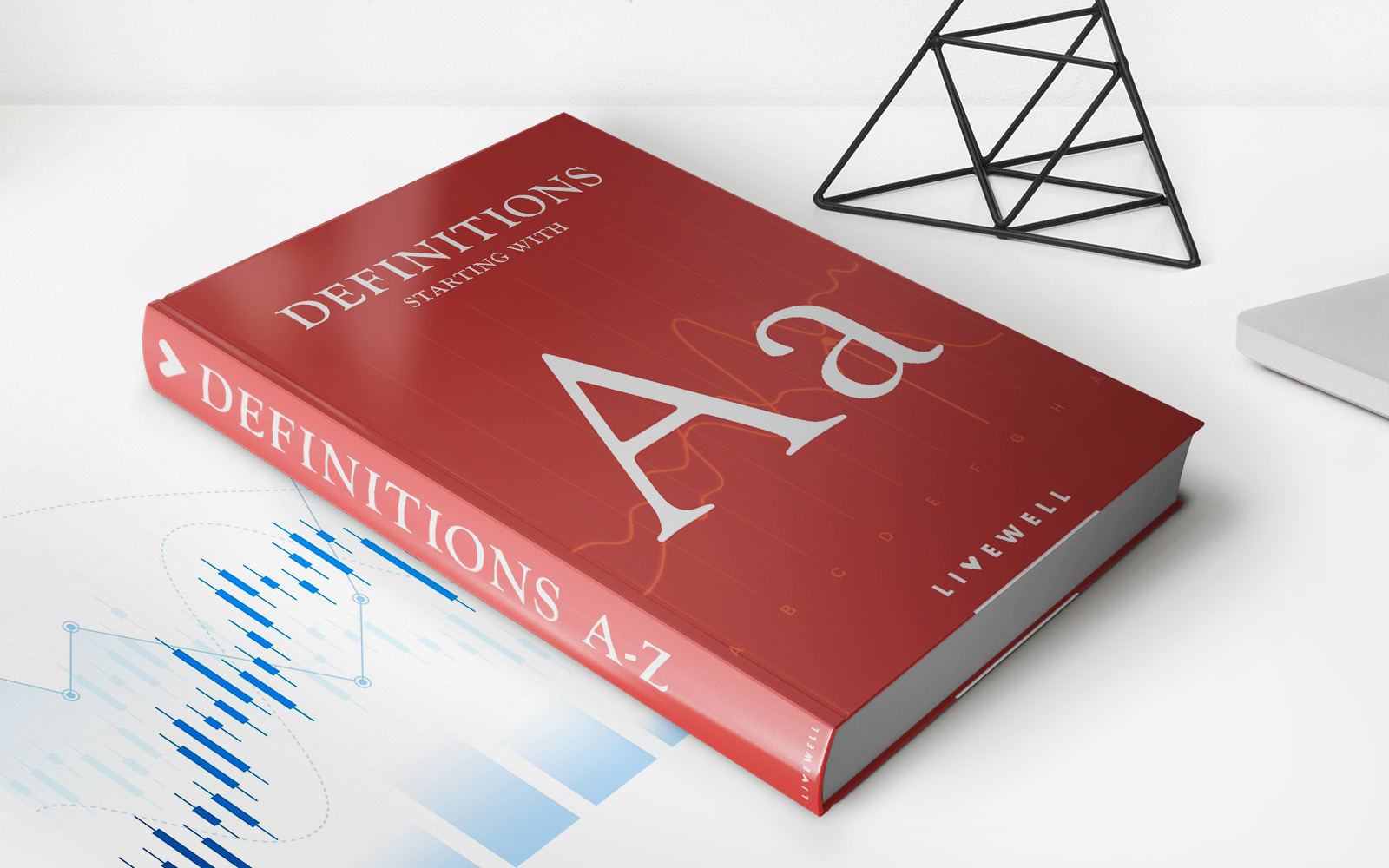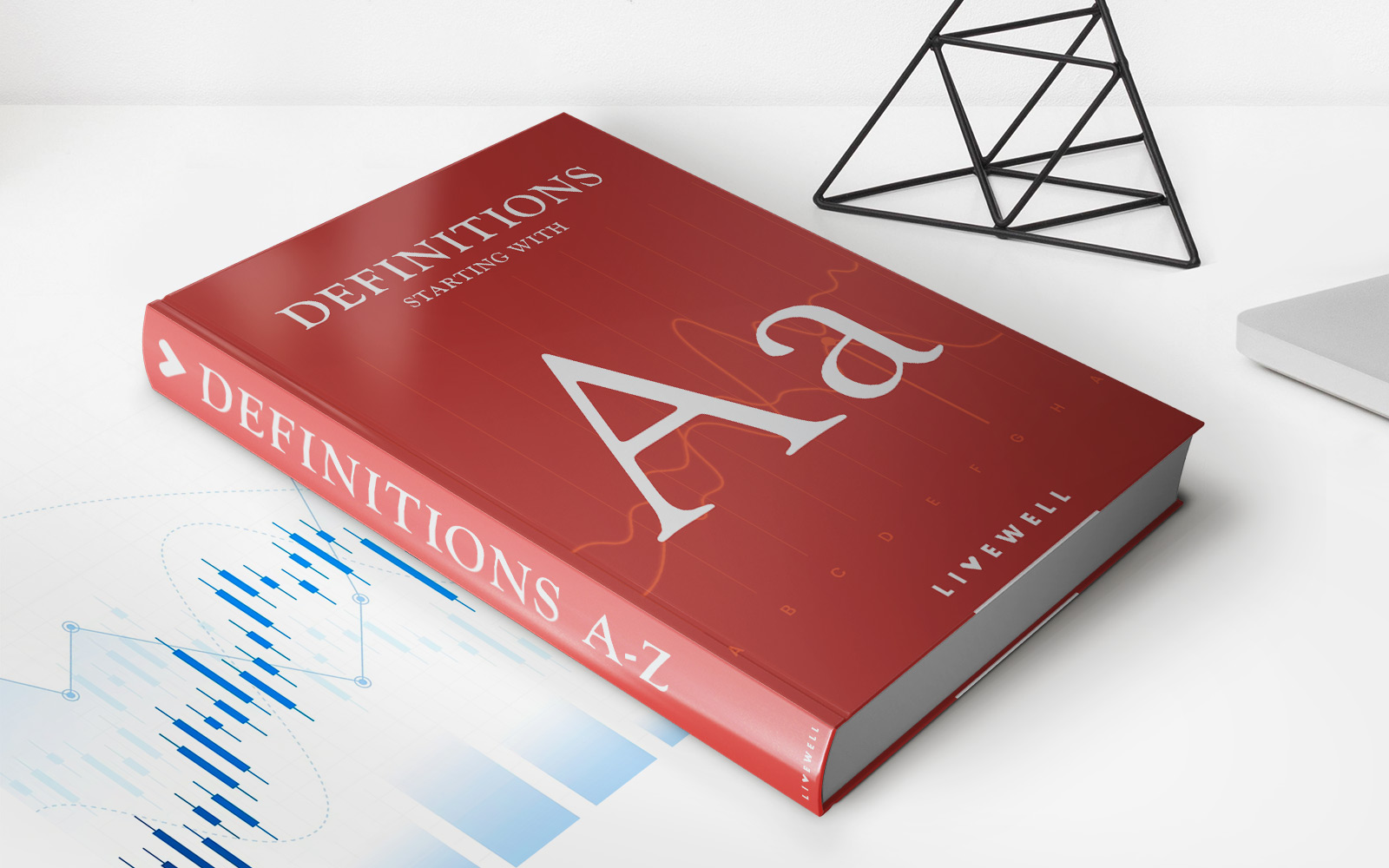Home>Finance>Animal Spirits: Meaning, Definition In Finance, And Examples


Finance
Animal Spirits: Meaning, Definition In Finance, And Examples
Modified: October 10, 2023
Discover the meaning and definition of animal spirits in finance, along with real-world examples. Explore the role and impact of finance on market psychology.
(Many of the links in this article redirect to a specific reviewed product. Your purchase of these products through affiliate links helps to generate commission for LiveWell, at no extra cost. Learn more)
Unleashing the Animal Spirits: Exploring the Meaning, Definition, and Examples in Finance
What if I told you that the world of finance is not solely driven by cold hard numbers and rational decision-making processes? In fact, there is an intangible force that plays a significant role in shaping market behavior and investor confidence. Meet the “Animal Spirits” – a concept originated by economist John Maynard Keynes, referring to the unpredictable and irrational factors that drive economic decisions. In this blog post, we will delve into the meaning and definition of Animal Spirits in finance, and provide you with some fascinating examples that highlight their impact on the financial world. So, strap on your safari helmet and let’s begin this thrilling journey!
Key Takeaways:
- Animal Spirits are unpredictable and irrational factors that influence economic decisions in the financial world.
- The concept of Animal Spirits was introduced by economist John Maynard Keynes.
What Are Animal Spirits?
Animal Spirits, in the realm of finance, refer to the seemingly inexplicable and emotional elements that influence human behavior in economic decision-making. These elements often defy conventional economic theories that assume individuals always act rationally and make logical choices. The Animal Spirits concept recognizes that sentiment, emotions, and psychological factors have a significant impact on financial markets and can lead to unexpected outcomes.
Understanding the Definition of Animal Spirits in Finance
While it may seem abstract, defining Animal Spirits within the financial context is crucial to grasp their significance. In simple terms, Animal Spirits are:
- Irrational Influences: They emerge when investors and market participants make decisions based on emotions, intuition, or personal bias, rather than rational analysis. These irrational influences can lead to market volatility and fluctuations, deviating from the expected outcomes.
- Contagious Behavior: Animal Spirits spread like wildfire. When one investor’s behavior is influenced by emotions, it may trigger a domino effect, impacting the decisions of others in the market. This contagion effect can lead to herding behavior, bubbles, and market manias.
- Unpredictability: The unpredictable nature of Animal Spirits makes them challenging to measure or forecast accurately. They are influenced by a variety of psychological factors, such as fear, greed, and overconfidence, making it difficult to predict their impact on financial markets.
Examples of Animal Spirits in Finance
Now that we understand the meaning and definition of Animal Spirits, let’s dive into some real-life examples that exemplify their influence on financial decision-making:
- Stock Market Bubbles: The dot-com bubble in the late 1990s and the housing bubble in the mid-2000s are prime examples of Animal Spirits at play. Despite traditional valuation metrics pointing to overvaluation and unsustainable prices, investors were driven by exuberance and optimism, leading to skyrocketing asset prices before the eventual crashes.
- Herding Behavior: Humans are social animals, and this translates into the world of finance as well. When investors observe others making a particular investment or following a specific trend, they often feel compelled to join in, fearing they may miss out on potential gains. This herding behavior can drive prices far beyond their fundamental value, leading to market distortions.
- Boom and Bust Cycles: Animal Spirits play a crucial role in the business cycle by influencing economic expansions and recessions. During expansionary phases, optimism and confidence drive increased investment, spending, and economic growth. Conversely, during recessions, fear and pessimism lead to reduced spending, lower investment, and economic contraction.
These examples demonstrate that Animal Spirits are not only prevalent but also impactful in the financial world, often challenging the assumptions of rational decision-making within traditional economic theories.
Unleash the Animal Spirits
As we wrap up our exploration of Animal Spirits in finance, it is essential to recognize their significance in shaping market dynamics and investor behavior. By understanding and acknowledging the role of these irrational influences, individuals can be better prepared to navigate the unpredictable nature of financial markets. So, whether you’re an investor, analyst, or financial enthusiast, embrace the Animal Spirits and venture into the exciting world where numbers blend with emotions!
Are you ready to let the Animal Spirits guide you?














